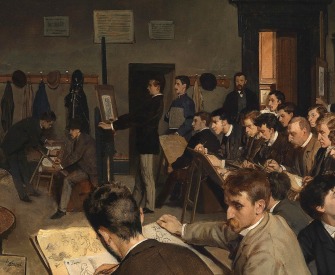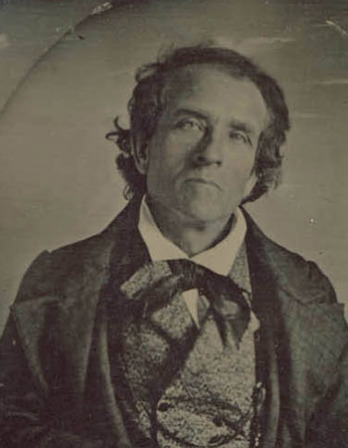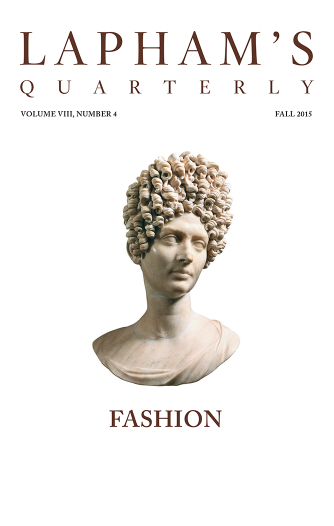Western books on mathematics, mechanics, optics, light, and chemistry contain the best principles of the natural sciences. In the books on geography, the mountains, rivers, strategic points, customs, and native products of the hundred countries are fully listed. Most of this information is beyond the reach of the Chinese people.
If we wish to use Western knowledge, we should establish official translation bureaus in Guangzhou and Shanghai. Brilliant students not over fifteen years of age should be selected from those areas to live and study in these schools on double allowances. Westerners should be appointed to teach them the spoken and written languages of the various nations, and famous Chinese teachers should be engaged to teach them classics, history, and other subjects. At the same time they should learn mathematics. (Note: all Western knowledge is derived from mathematics. If we wish to adopt Western knowledge, it is but natural that we should learn mathematics.) China has many brilliant people. There must be some who can learn from the barbarians and surpass them.
It is from learning that the principles of government are derived. In discussing good government, the great historian Sima Qian said (following Xunzi), “Take the latter-day kings as your models.” This was because they were nearer in time; their customs had changed from the past and were more similar to the present, and their ideas were not so lofty as to be impracticable. It is my opinion that today we should also take the foreign nations as our examples. They live at the same time and in the same world with us; they have attained prosperity and power by their own efforts. Is it not fully clear that they are similar to us and that their methods can easily be put into practice? If we let Chinese ethics and Confucian teachings serve as the foundation and let them be supplemented by the methods used by the various nations for the attainment of prosperity and power, would it not be the best of all solutions?
Moreover, during the past twenty years since the opening of trade, a great number of foreign chiefs have learned our written and spoken language, and the best of them can even read our classics and histories. They are generally able to speak on our dynastic regulations and civil administration, on our geography and the condition of our people. On the other hand, our officials from the governors down are completely ignorant of foreign countries. In comparison, should we not feel ashamed? The Chinese officials have to rely upon stupid and preposterous interpreters as their eyes and ears. The mildness or severity of the original statement, its sense of urgency or lack of insistence, may be lost through their tortuous interpretations. Thus frequently a small grudge may develop into a grave hostility. At present the most important political problem of the empire is to control the barbarians, yet the pivotal function is entrusted to such people. No wonder that we understand neither the foreigners nor ourselves and cannot distinguish fact from untruth. Whether in peace negotiations or in deliberating for war, we are unable to grasp the essentials. This is indeed the underlying trouble of our nation.
©1964 by Columbia University Press. Used with permission of Columbia University Press.
From Protests from the Study of Jiaobin. Among the first reformist thinkers in nineteenth-century China, Feng published this work after Western influences had become further entrenched in the country with the conclusion of the Second Opium War in 1860. About China’s traditions, he wrote, “When methods are faulty, we should reject them even though they are of ancient origins; when methods are good, we should benefit from them even though they are those of the barbarians.”
Back to Issue




